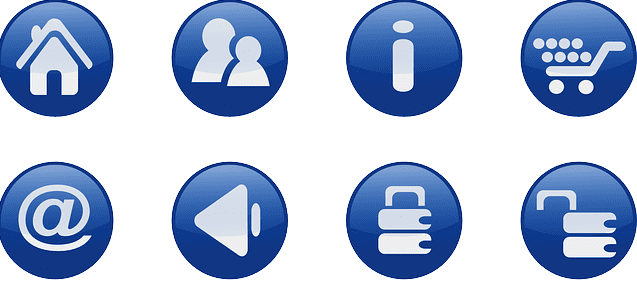Microsoft Teams is a very popular team collaboration service.
Millions of business users rely on Teams to complete their work-related tasks.
Companies and their employees constitute a major category of Teams users, alongside teachers and students.

People share many confidential business documents on Teams every day.
If those documents get in the wrong hands, third-parties could access confidential and sensitive information.
Above all, this includes business strategies and client data.

So, many companies and business users are wondering just how secure Microsoft Teams is.
Well, we did a bit of digging on this matter.
Well list the conclusions below.

Contents
Microsoft Teams Security Features
Microsoft Teams is a Tier D-compliant service.
Data Encryption and Security Protocols
Microsoft Teams boasts excellent security features.
Your data is encrypted in transit and at rest.

In other words, Teams encrypt your instant messages to prevent third-parties from accessing them.
It is worth mentioning that web connection communication is encrypted by default.
Moreover, Teams requires that servers use the latest security certificates.
Additionally, the TLS protocol secures the connection from clients to the service.
In this manner, Teams successfully authenticates all the parties and encrypts all data.
Similarly, the TLS protocol prevents third-parties from identifying and using your IP address without a valid authorization.
To prevent DDOS attacks, Teams relies on Azure DDOS web connection protection.
The service automatically throttles multiple requests from the same endpoints, or subnets.
As a result, the people waiting in the lobbycant join your meetingunless you agree to let them in.
Limited Permissions for Attendees
During a meeting, presenters can control what participants can and cannot do.
By default, attendees can only speak, share their videos, and join the chat.
They cannot share files, or record the meeting.
For example, you might add Trello, Polly, Zapier, and many more.
These apps often require permission to access user data.
This could potentially lead to company data being shared with third-parties.
In other words, thats a security matter your IT admins need to keep an eye on.
Conclusion
To sum up, Microsoft Teams is Tier D-compliant.
This means the service uses the latest security protocols and technology to ensure your data is protected.
Teams encrypts data in transit and at rest while two-factor authentication prevents unauthorized access.
The latest server security protocols ensure that man-in-the-middle attacks have no chance of succeeding.
For more information about this topic, seeSecurity and Microsoft TeamsandSecurity and compliance in Microsoft Teams.